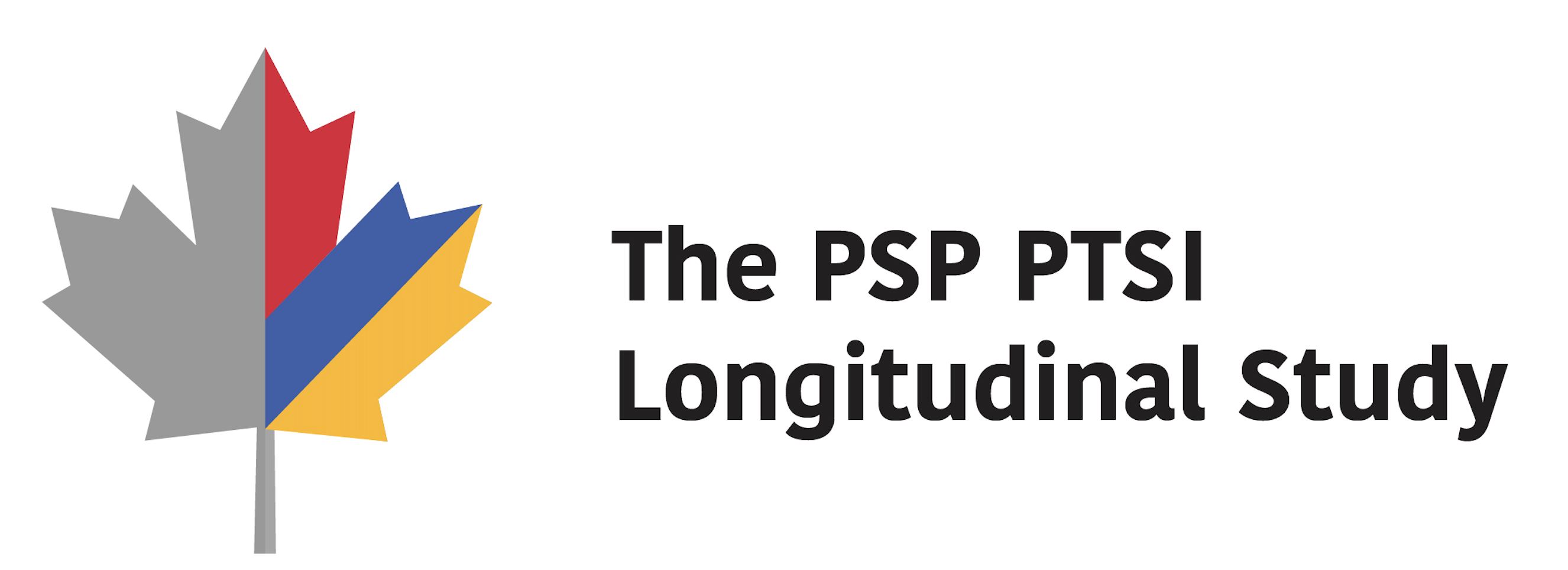Why was the study done?
We wanted to understand the perceptions and reactions of public safety personnel (PSP) to a new mental health training program called the Emotional Resilience Skills Training (ERST). ERST is based on the Unified Protocol (UP) for the transdiagnostic treatment of mental disorders is a manualized Cognitive Behavioral Therapy protocol for emotional disorders that was explicitly designed and evaluated to address a broad range of mental health symptoms.
What was done in the study?
The study team used self-report surveys and focus groups to assess:
(1) the extent to which the ERST improved mental health challenges of PSP;
(2) whether the PSP have applied ERST skills;
(3) the extent to which the ERST skills helped the PSP to manage at least one difficult situation; and
(4) whether they would recommend ERST to fellow PSP.
What did we find out?
Most participating PSP indicated that the ERST was helpful for improving their mental health, reported applying ERST knowledge and/or skills to manage stress or emotions during or since the ERST (i.e., 96%), and most of the participants reported having applied ERST knowledge and/or skills to manage stress or emotions during or since the ERST (i.e., 83%). The participants provided details related to managing difficult situations which were qualitatively coded into three categories (i.e., at work, with family, internal). The majority of participants (i.e., 96%) would recommend the ERST to fellow PSP.
Where do we go from here?
ERST is currently being revised based on the PSP’s feedback, with the possibility of ongoing deployment and evaluations.
To cite this article: Jolan Nisbet, Shannon Sauer-Zavala, Katie L. Andrews, Robyn E. Shields, Kirby Q. Maguire, Taylor. A. Teckchandani, Ronald R. Martin, Gregory P. Krätzig & R. Nicholas Carleton (23 Sep 2024): Public safety personnel’s perceptions of mental health training: an assessment of the Emotional Resilience Skills Training, Cognitive Behaviour Therapy, DOI: 10.1080/16506073.2024.2402995
To link to this article: https://doi.org/10.1080/16506073.2024.2402995
